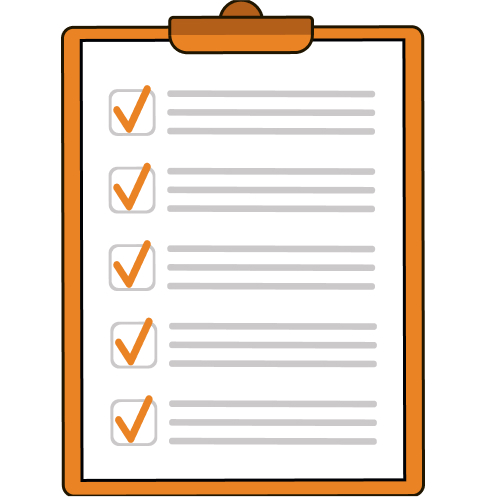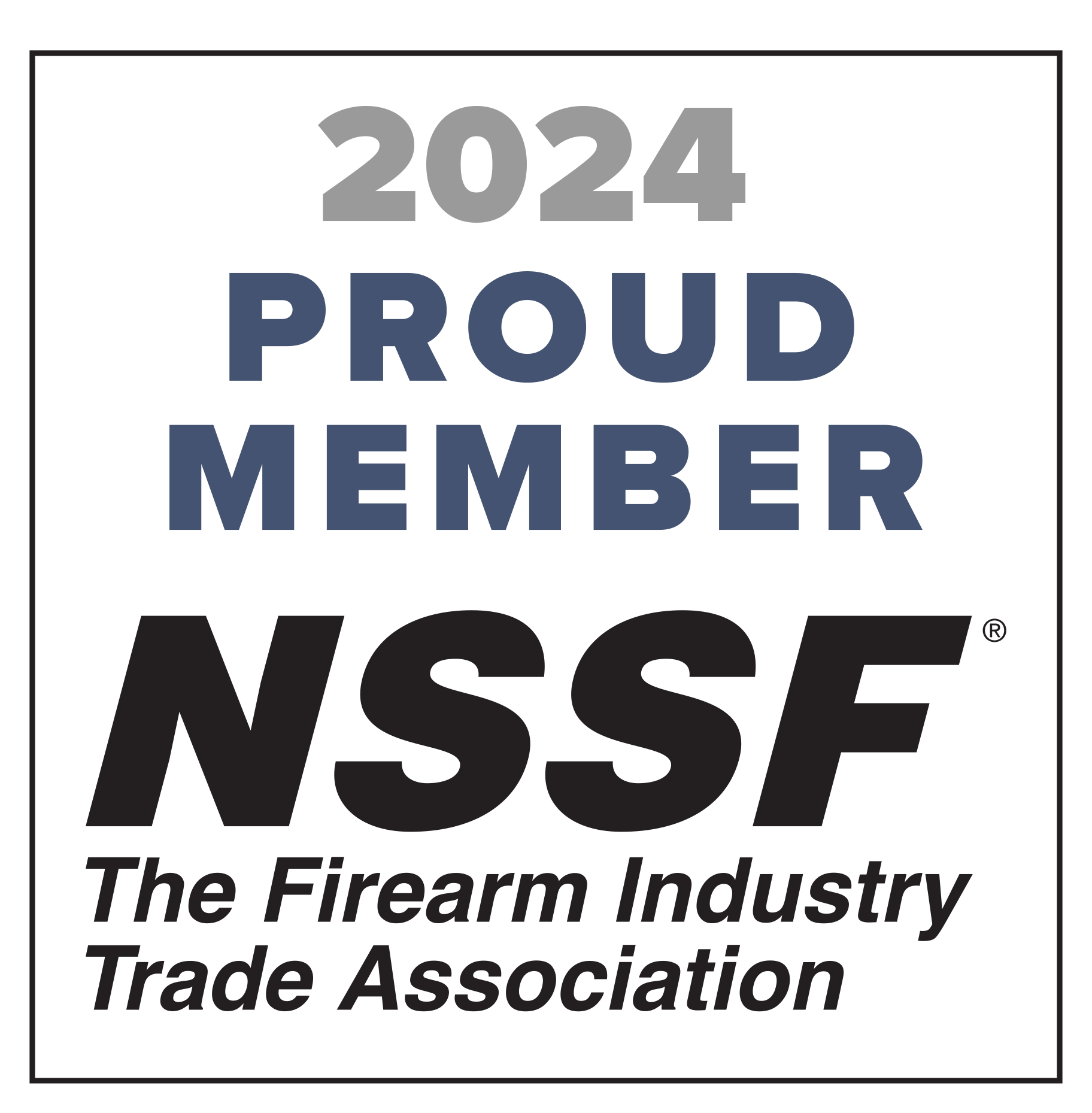
Type 11 FFLs

How FastBound Can Help Type 11 FFLs
FastBound provides FFLs with an all-in-one software suite with tools to manage all aspects of running a firearms business. Our software includes both an electronic bound book and an electronic 4473, all backed by our guaranteed legal defense from FFLGuard to help with any issues or audits.
FastBound’s software suite can also help with background checks, form completion, manufacturing new items, and automated multi-sale reporting. All of this works together to ensure that you’re totally compliant with all record-keeping requirements, which means you’ll avoid the #1 cause of license forfeitures and transfer denials.
Keeping up with your firearm business can be a struggle and staying completely compliant can be near impossible. FastBound gives you the peace of mind to know that your forms and transfers are completely ATF compliant, so you can get back to running your business.

Electronic 4473
Leading Integrations
Compliance backed by legal defense

What is a Type 11 FFL?
The Type 11 FFL is similar to the Type 10 FFL, (creation of destructive devices, their ammo, and armor-piercing ammunition) but instead of allowing the license holder to manufacture these items, it allows them to import them.
This makes it a great option for those firearm dealers who want to work with government agencies, from local police departments on up, or for those who want to deal in rare military arms with a greater than .50” bore such as historical artillery and anti-tank weapons.
Advantages and Disadvantages of a Type 11 FFL
The main advantage of this type of FFL is the ability to import large-bore artillery pieces and other destructive devices for museums and private collectors, as well as armor-piercing ammunition and explosives for government agencies from local police on up.
This allows a license holder to bring in, say, 40mm grenades and other explosive munitions for government agencies, as well as armor-piercing, incendiary, and explosive ammunition for those who are allowed to have such things.
It’s obviously more restrictive than a type 10 license, but for certain firearm dealers who aren’t interested in being a manufacturer of ammunition or destructive devices, it makes a lot of sense.
The cost is fairly steep as well, at $3,000 to register as a type 11 FFL in the first place, then an additional $3,000 every 3 years thereafter.
The other issue is that you will need some additional paperwork in order to take full advantage of a Type 11 FFL. Specifically, you will need to become a Class 1 Special Occupational Taxholder (SOT) in order to import items regulated by the National Firearms Act.
SOT status is required for anyone who wishes to import items regulated by the national firearms act, which is basically everything covered by a type 11 FFL. The SOT process is done after you complete your FFL and requires $500/year in registration, or up to $1000 depending on your yearly revenue.
You will also likely want a Federal Explosives License, which allows you to deal with, as the name implies, explosives. This is an additional license and accompanying fee of $100/year.
To get an FEL, you’ll first have to complete ATF Form 5400.13/5400.16. Then the Federal Explosive License Center will work with the ATF to do their own series of inspections and background checks. Overall, the process is very similar to what you’ll need to go through to get the FFL.


11 FFL Requirements
To get a Type 11 FFL, you have to go through basically the same process to get any other type of FFL.
You first have to go through the federal application process, and then meet all state registration requirements, as well as local zoning ordinances. That said, if you’re 21 or older, legally allowed to own a firearm, and intend to start a firearms business with activities covered and permitted by a Type 11 FFL, then you’re generally good to apply.
The basic federal requirements are:
- Be at least 21 years of age
- Be a US Citizen or legal permanent resident
- Be legally permitted to possess firearms and ammunition (no felony convictions, no abuse of controlled substances, and no psychiatric issues that would disqualify you from owning a firearm)
- Have a predetermined physical location for conducting your FFL activities
- Have never violated the Gun Control Act or other firearms-based regulations
- Fully and honestly fill out your FFL application and submit it appropriately to the United States Bureau of Alcohol Tobacco and Firearms (ATF)
- Pay all related fees related to your application (for a type 01, it’s $200 to apply and then $90 to renew every 3 years).
State and local requirements will vary depending on where exactly you are located. In general, expect to have to register your business with the state government and then get an additional license through the state after you get your federal license.
You will also likely need permission from your local zoning board unless you’re in a very rural area. Typically, you will be unable to have a home-based FFL if you’re dealing with destructive devices or explosives, and the state or your local zoning board or fire marshal may require additional pre-licensing inspections.



